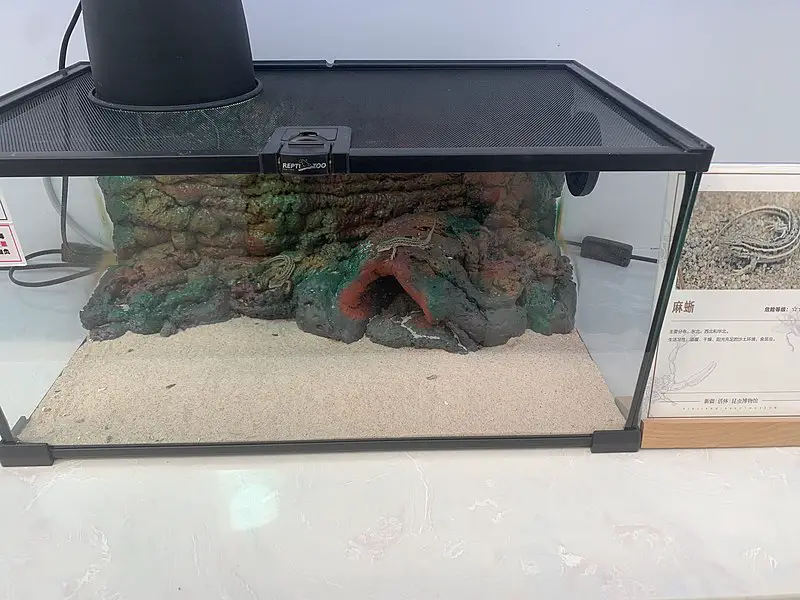Many people all over the world are inconvenienced by a noisy penguin bio wheel 200 impellers.
Penguin BIO-Wheel Filters provide simple three-stage aquarium filtration without the need for air pumps, valves, tubing, or air stones. The revolutionary BIO-Wheel offers biological filtration and has been demonstrated to be among the most efficient way to remove harmful ammonia and nitrite. As it rotates, the Bio-Wheel exposes favorable bacteria to the air. The bacteria help to keep your aquarium free of ammonia.
The impeller is a compressor component that rotates quickly and acts as a propeller to increase the volume and pressure of a fluid. The impeller transfers the energy to the fluid as it flows through the pump, increasing the velocity of the fluid at the discharge outlet.
In this article, we will clear up any doubt and provide definitive answers to the following questions: Why is my impeller so loud? Why is my Marineland filter making so much noise? How can I make my bio wheel quieter? The following article is intended to help even the most experienced aquarists deal with loud filters.
Why is my impeller so loud?
The good news is that loud noises do not usually indicate a faulty impeller. There are several reasons why your impeller could be overly noisy. One of the reasons your impeller may be overly noisy is a lack of lubrication. A lack of lubrication can cause the impeller to generate noises, which can be readily remedied by using a lubricant to minimize friction.
Furthermore, sand seeping into the filter can be a typical source of impeller noise. The particles will scratch the magnetic component of the impeller, causing it to oscillate. Too much sand in the impeller might cause it to deteriorate over time.
Another way the impeller might be damaged is if a fish swims inside accidentally because the filter screen has fallen off. This scenario can potentially cause the impeller to break, resulting in noise from the impeller.
Why is my Marineland filter making so much noise?
There’s no need to fear the worst if you’re dealing with a noisy marine land filter. A marine land filter can become noisy for a variety of reasons, including dirt, a damaged impeller, improper installation, a malfunctioning water pump, and an increased rate of flow.
Usually, a noisy Marineland filter usually signifies the presence of grit or debris. This seems to be especially true if the filter hasn’t been cleaned in a while. The muck that accumulates between the filter’s media might restrict water movement, resulting in noise.
Often, loud buzzing sounds emanating from filter might point to a defective water pump. A Marineland filter can create noise for a variety of causes, including faulty parts, dirt, fractures, and so on.
Furthermore, when the Marineland filter is set at a high flow rate, it becomes quite noisy. If it is, the Marineland filter will make a loud noise since all the pieces of the filter must move swiftly, resulting in a loud noise.
Another reason the fish tank filter might be noisy is that it vibrates continually. There are several reasons why this occurs. First, when a portion within the filter breaks, its performance and sudden vibration suffer.
Another source of the vibration is blocked filtration media, which causes the filter to vibrate since it is not performing properly. In addition, when the filter rattles against the wall, it might cause a vibration that causes a loud noise.
How can I make my bio wheel quieter?
There are several ways to make your bio wheel quieter. First You will unhook the filter before removing it from the tank. Then, remove the bio wheel filtering medium and clean out the debris that has accumulated within it. You may wash it with just water, this will eliminate all the grime.
To learn the cleaning process for the bio wheel filter, consult the handbook of the penguin bio wheel 200.
However, if cleasing is insufficient and if your bio wheel is very old, you have additional choices besides cleaning. One course of action is to change the old bio wheel and just get a brand new one. This is the case when your bio wheel is still dirty despite having been cleaned. Thus, the bio wheel needs to be replaced for the bio wheel to function more quietly.
Furthermore, another option is to instantly increase the level of the water to make your bio wheel quieter. It’s best practice to keep the water level just above fish-tank bio wheel’s output.
In addition, to resolve the problem of the bio-wheel noise, you must examine the state of the impeller. Unless the impeller is broken you just wash it and add lubricants to get rid of the sound. for lubrication, you can use silicone oil and Vaseline. However, in case the impeller is broken, just buy a new one online.
Additionally, another remedy is reducing the setting for the rate of low. However, you must configure it correctly because it might alter the cleaning quality. It is best to set it somewhat lower during the adjustment. The preferred option is the highest level, which produces no noise after the filter is activated.
Finally, to make your bio wheel quieter, perform the following. If the media of the filter becomes clogged, the appropriate approach to solve the problem is to wash it. To restore the filter media’s efficiency, remove any dirt or particles that have been lodged inside it.
Conclusion
We’ve identified the most prevalent causes of your Penguin Bio-Wheel 200 impeller noise. If none of the above methods work to resolve your penguin bio wheel 200 impeller making a noise, you will need to seek the help of an experienced aquarist.
Several significant, complex factors might be causing the Penguin Bio-Wheel 200 impeller to make sounds. A change in the construction of the Penguin Bio-Wheel 200 impeller might potentially cause the impeller to make noise. However, in most cases, the procedures outlined above will be sufficient.



